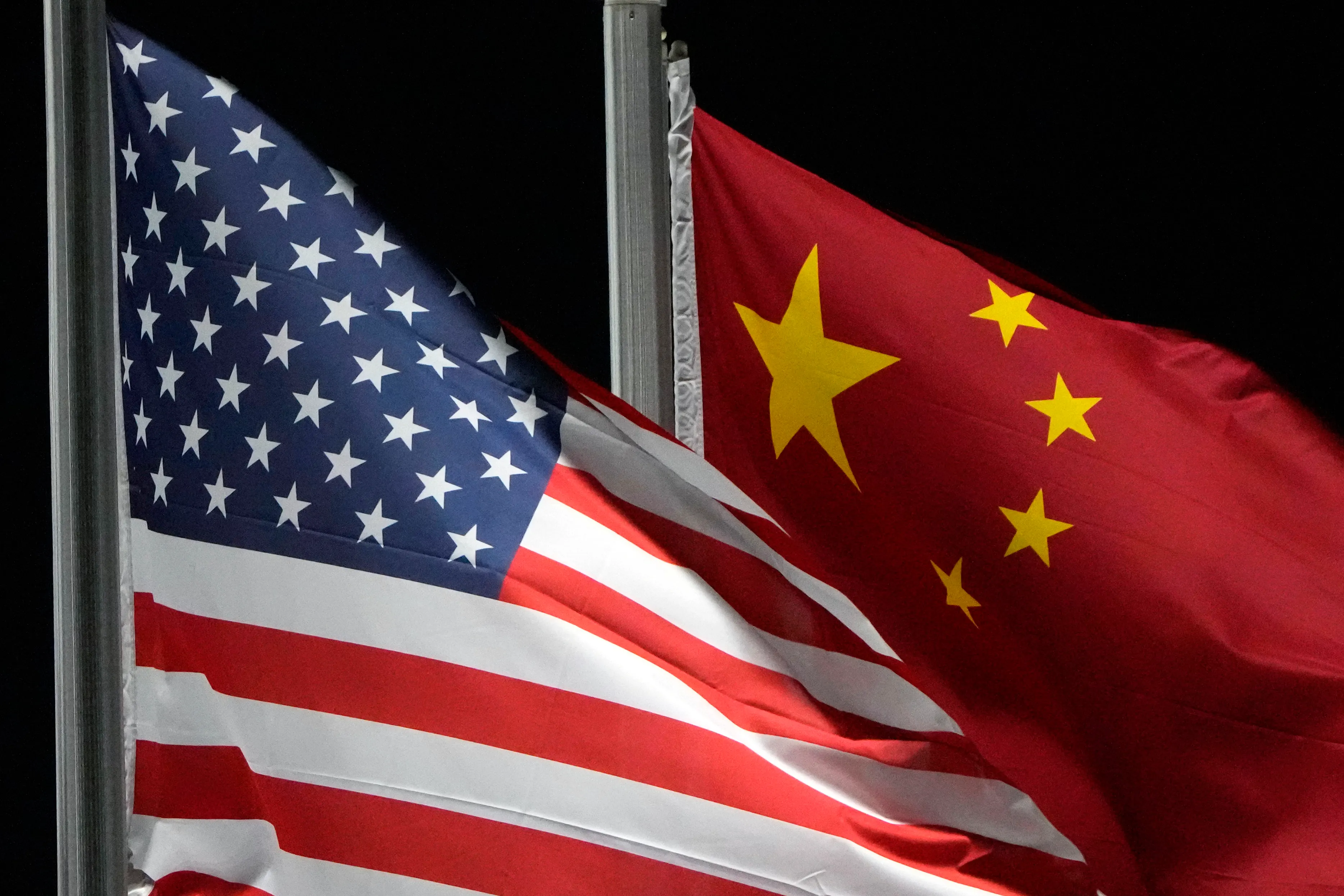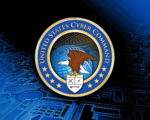A recent review of U.S. patent data has revealed that more than 1,000 U.S. patents have been granted to China-based inventors since 2010, with many of these patents funded by U.S. government agencies such as the Department of Defense, NASA, and the Department of Energy. These patents span crucial fields including biotechnology and semiconductors, raising alarms about the potential national security risks posed by U.S. taxpayers inadvertently supporting technological advancements that may benefit China.
The revelation has sparked increased scrutiny of the U.S.-China Science and Technology Agreement, a cooperation pact dating back to 1979. Critics argue that this agreement disproportionately benefits China, amplifying calls for its renegotiation or cancellation. The agreement, which expired in August 2023, is currently under review, with lawmakers divided on whether to extend it. While opponents fear the accord enables China’s growing military power and intellectual property theft, proponents caution that ending it could stifle valuable academic and commercial collaboration between the two nations.
The data from the U.S. Patent and Trademark Office indicates that from 2010 through the first quarter of 2024, the U.S. government funded research that led to 1,020 patents involving China-based inventors. Of these, 197 patents were related to pharmaceuticals, while 154 were tied to biotechnology. Notably, funding from the Department of Defense supported 92 of these patents, despite concerns that technological advancements in these areas could strengthen China’s strategic industries.
The drop in patents from a high of 99 in 2019 to 61 in 2023, along with concerns over China’s global leadership in patent filings, underscores the shifting dynamics in global innovation. As debates continue over the future of the U.S.-China science agreement, the patent data serves as a stark reminder of the complex balance between collaboration and competition in the realm of technological advancement.


















